Recognize today's Yazid: Every day in Gaza has turned into some family's Karbala
By Syed Zafar Mehdi
It may not be hyperbole to call Gaza the present-day Karbala. The uprising of Hussein ibn Ali (AS) against the corrupt Umayyad ruler Yazid ibn Muawiya in the desert plains of Karbala will always have relevance.
“Every place is Karbala and every day is Ashura” may sound clichéd, but it has a profound and powerful subtext that connects the dots between now and then – between Gaza and Karbala, between what happened then and what is happening now.
Muharram and Karbala symbolize the perennial struggle between truth and falsehood, right and might, justice and injustice, glory and ignominy.
Their appeal transcends time and space. It was Karbala almost fifteen centuries ago. It is Palestine and Gaza today. It was the Yazidi empire then and it's the illegitimate child-murdering regime now.
What has been unfolding in the besieged coastal Palestinian territory over the past nine months brings back harrowing memories of what took place on the day of Ashura in the blazing plains of Karbala.
Kashmiris mourn martyrs of Karbala, stand with the people of Palestine
— PressTV Extra (@PresstvExtra) July 16, 2024
Follow Press TV on Telegram: https://t.co/0EMmcJs6DL pic.twitter.com/rUzmH3mYMB
Terrorism, terrorists, and despots come in different forms, shapes and manifestations. We must identify the Yazid of our time and respond as Hussein (AS) taught us.
"Death with dignity is better than life with humiliation," said the master of challengers.
An apartheid regime, which has occupied people’s lands, confiscated their properties, and driven them out of their homes for 76 years, has been wreaking havoc in the Gaza Strip since October 7, 2023.
Every day has turned into some family's Karbala in the battered and bruised Palestinian territory. Close to 39,000 people have been killed already, according to rough estimates. The actual death toll, however, could be much higher as suggested by Lancet medical journal recently.
Most of these victims have been children and women. We have seen heart-breaking images of mothers carrying their dead children on desolate streets and children wailing over the corpses of their parents.
We have seen houses razed to the ground, hospitals and schools bombed, and refugee camps destroyed. We have seen the oppressor and occupier unleashing unutterable terror on native population.
But Palestinians, displaying extraordinary courage, have stood their ground. The way Palestinian fighters have been carrying out military operations every single day against the occupation, backed by mighty Western powers, inspires hope that the ultimate victory belongs to the resistance.
These people believe in the righteousness of their cause the same way Imam Hussein (AS) and his companions did in the desert plains of Karbala against the massive army of Yazid ibn Muawiya. It was a lop-sided fight in terms of militaries and arsenal, but Hussein was guided by the just cause.
The resistance and resilience demonstrated by the brave Palestinian nation in the past 76 years and particularly in the past nine months in the face of insurmountable odds and unspeakable horror embody the Hussein spirit – “until death no humiliation.”
In Karbala, an infant and thirsty child was mercilessly struck with an arrow, a young man fought like a seasoned warrior before crashing, and a standard-bearer went to fetch water from a nearby stream and had his arms severed and eyes bloodied.
Imam Hussein (AS), the third Shia Imam, and 72 of his companions were martyred in the battle of Karbala on the 10th day of Muharram in 680 AD.@hassanroholamin
— Press TV 🔻 (@PressTV) July 16, 2024
Follow Press TV on Telegram: https://t.co/B3zXG73Jym pic.twitter.com/xJ2h4jWZus
Eventually, Hussein (AS) was left all alone in the desert plains under the blazing sun against the army of thousands. His cry, ‘Is there anyone to help me’, which has been immortalized in the pages of history, was not directed at the soldiers of Yazid. He obviously expected no mercy from them.
It was directed at the campaigners of truth and justice worldwide. It was a passionate call to help and assist those who are oppressed, terrorized and subjugated, cutting across the frontiers of time and space.
Millions of people who walk from Najaf to Karbala every year on Arbaeen respond to the same call that still echoes in the hearts and minds of believers.
Those who believe in the cause that Hussein (AS) and his followers epitomized would never submit or surrender before forces of evil and falsehood. They will always stand up and speak truth to power.
When Yazid ordered his governor Walid to forcibly take allegiance from Hussein (AS), Imam said "a person like me cannot pledge allegiance to a person like you."
The grandson of the Holy Prophet (PBUH) refused to yield, in line with the command of his Creator in the Holy Quran: “The might belongs only to Allah and to His Apostle and to the believers.”
Today marks Tasu'a, the day preceding Ashura, the day of the martyrdom of Imam Hussain, grandson of Prophet Muhammad. Tasu'a and Ashura are days of mourning and reflection, where millions express grief and solidarity with the sacrifices made by Imam Hussain and his companions. pic.twitter.com/WEK5lVLMKo
— Press TV 🔻 (@PressTV) July 15, 2024
Imam Hussein (AS) refused to swear allegiance to Yazid and stood on the right side of history. In the same way, Palestinians continue to refuse to accept the illegal occupation of an illegitimate entity and fight for what legitimately belongs to them.
Hence, these annual Muharram commemorations are essentially an expression of support and solidarity with the oppressed people, from Palestine to Yemen to Bahrain and beyond.
It’s not a grief-centric ritual imprisoned in the cold corridors of time and space. It’s the reaffirmation of our iron-clad pledge to speak for the oppressed, to rise against tyranny, and to be the voice of the voiceless.
As Dr. Ali Shariati puts it, human history is the “manifestation of the eternal conflict between the two poles of God and Satan,” and in each period these two poles have been disguised in different ways.
The evil forces have always faced a disgraceful defeat, in line with the Almighty’s promise in the Holy Quran: “And Allah will by no means give the unbelievers a way against the believers.”
In Karbala, it was Yazid’s defeat and Hussein's (AS) triumph, irrespective of the outcome on the battlefield. The survivors ensured the sacred mission of the martyrs remained alive. Hussein (AS) is alive today.
To invoke Dr. Shariati, every revolution has two visages: blood and the message. While Hussein (AS) and his companions undertook the mission of blood, his sister Zainab (SA), “the savior of Karbala,” accomplished the more important task – conveying the message of this blood to future generations.
To keep the same mission and movement alive, we need to recognize the Yazid of our time, expose his tyranny, and come to the rescue of the oppressed in every way we can.
This is the main objective of these annual Muharram commemorations and a fitting tribute to the martyrs of Karbala.
Syed Zafar Mehdi is a Tehran-based journalist, commentator and author.
(The views expressed in this article do not necessarily reflect those of Press TV.)
Alawite women abducted and raped, others sold by Jolani's men: Report
Iran, China, Russia hold trilateral talks on Geneva nuclear negotiations
VIDEO | Protests and skepticism greet Trump’s 'Board of Peace'
Envoy to UN: Iran will ‘decisively’ defend itself against aggression
VIDEO | Press TV's news headlines
VIDEO | Muslims across India begin holy month of Ramadan
Hamas condemns Trump's 'Board of Peace' meeting
Iran and Saudi FMs discuss outcomes of latest indirect Iran-US talks


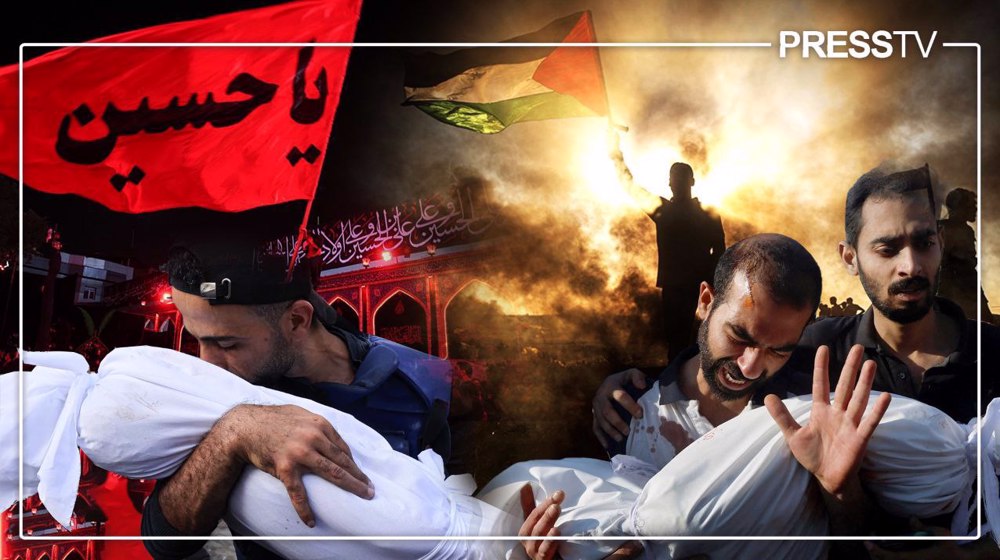
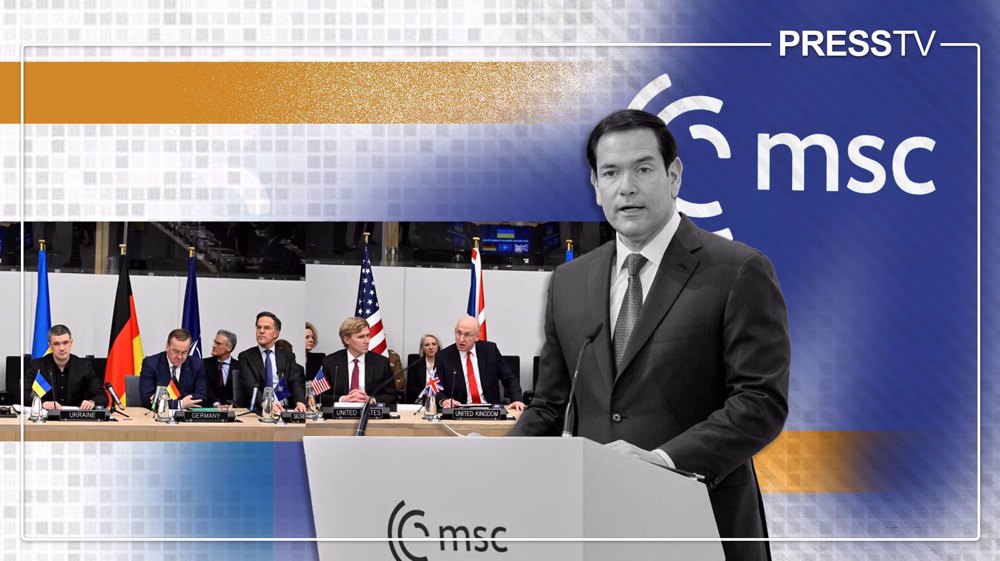
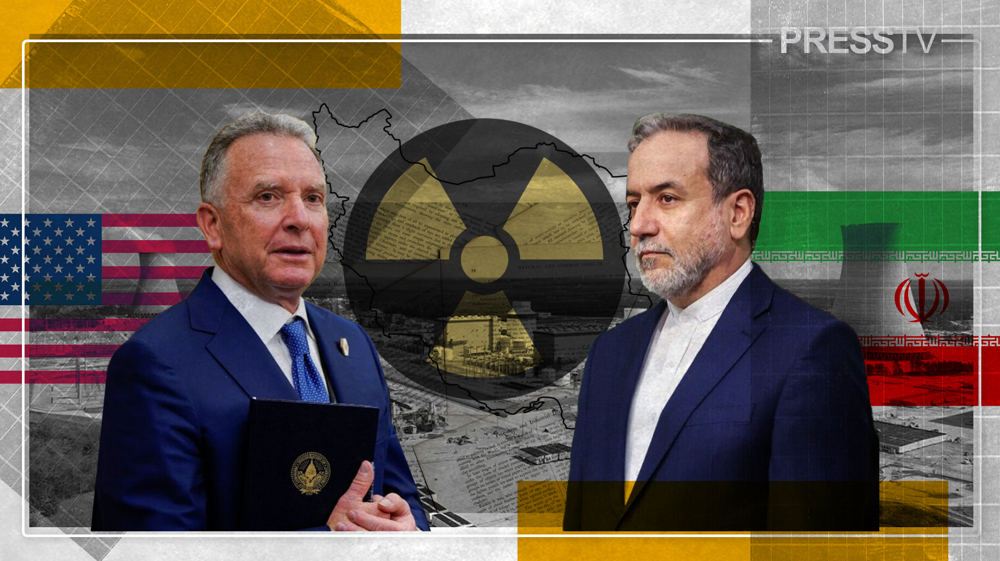
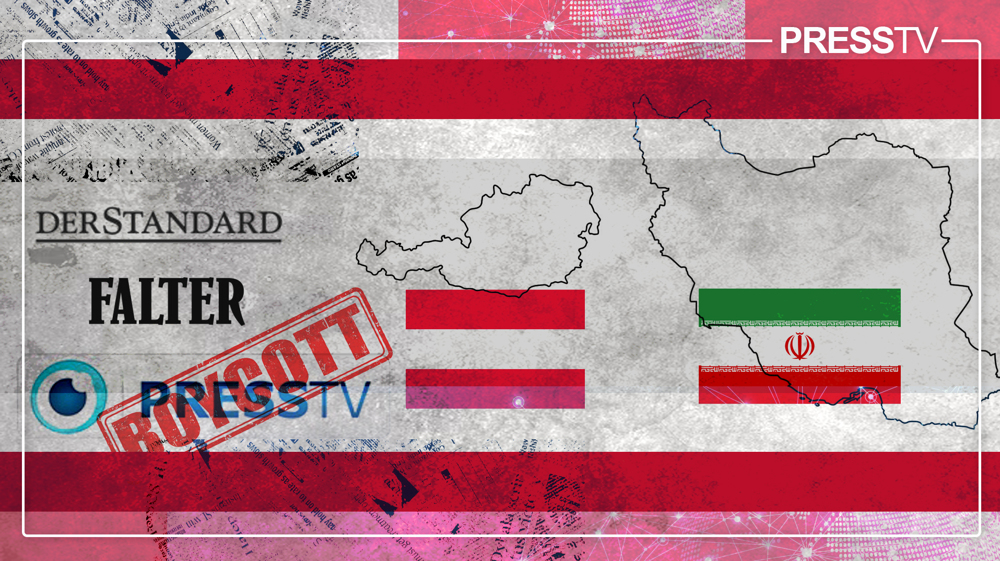



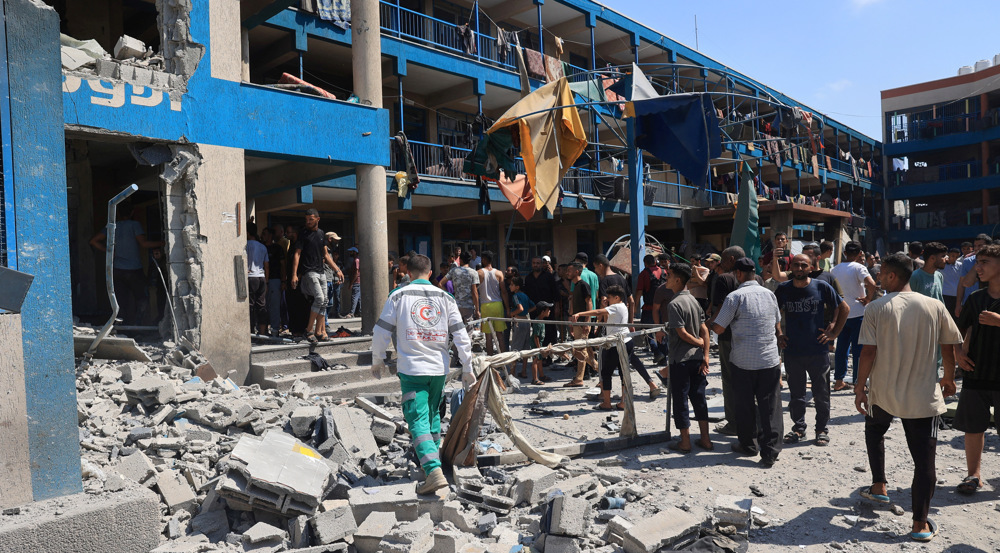
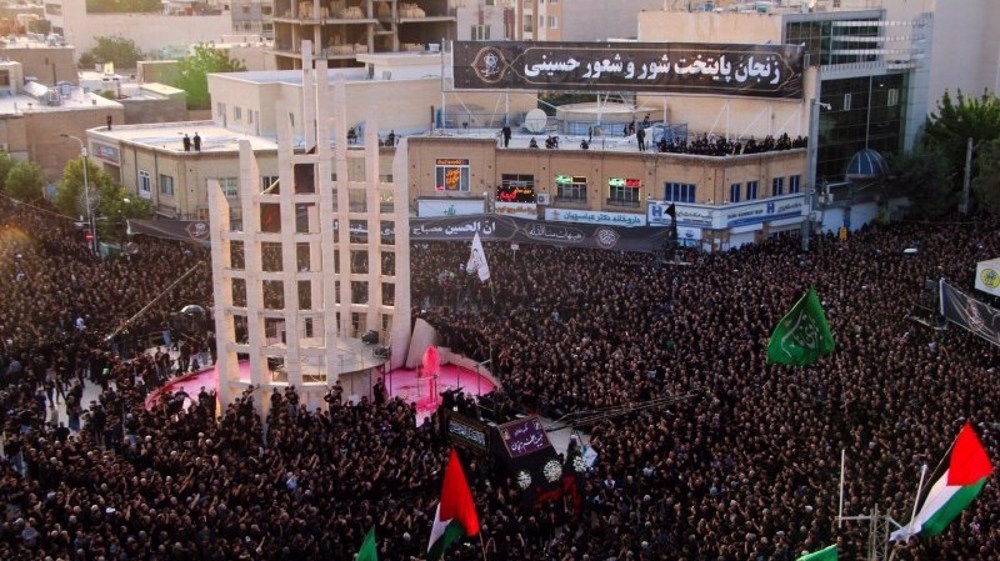
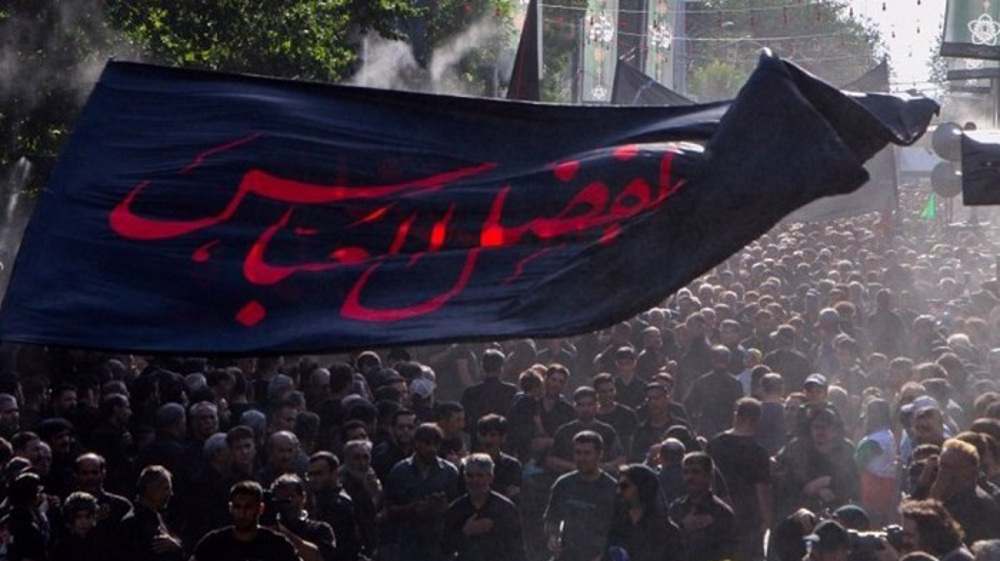
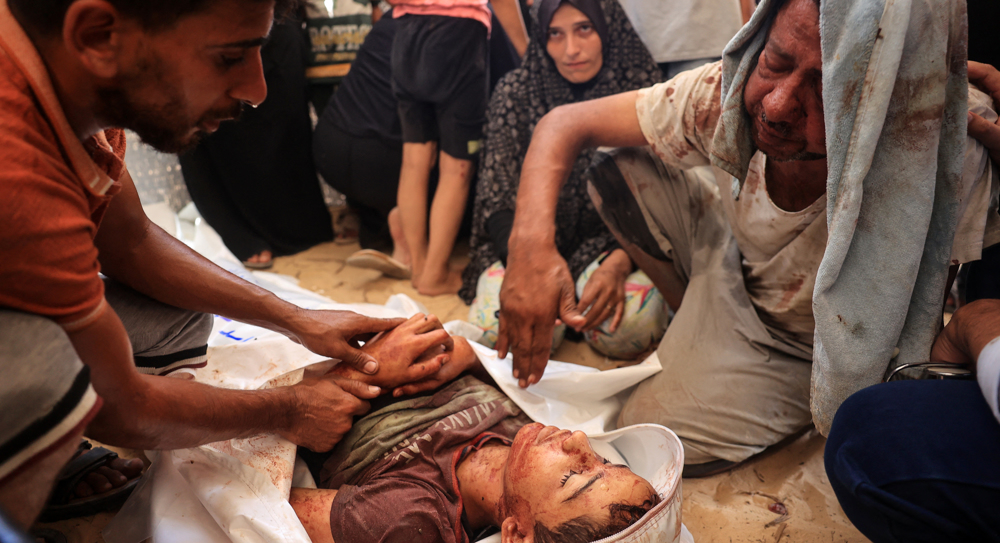
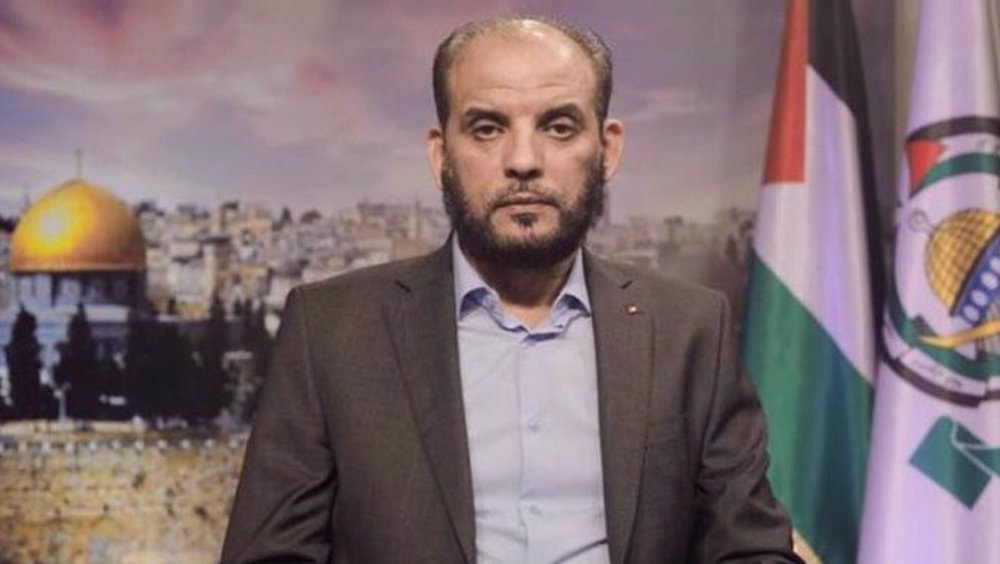
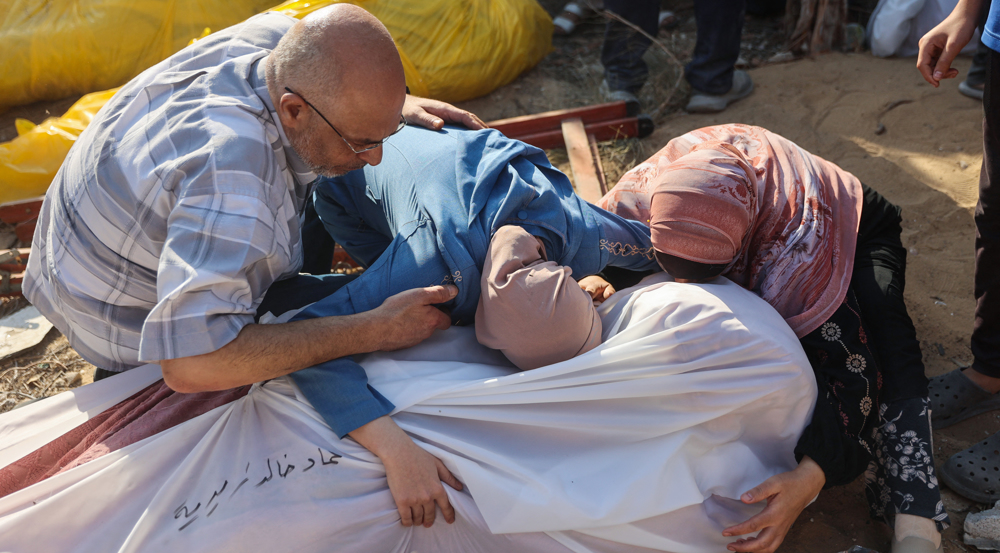

 This makes it easy to access the Press TV website
This makes it easy to access the Press TV website